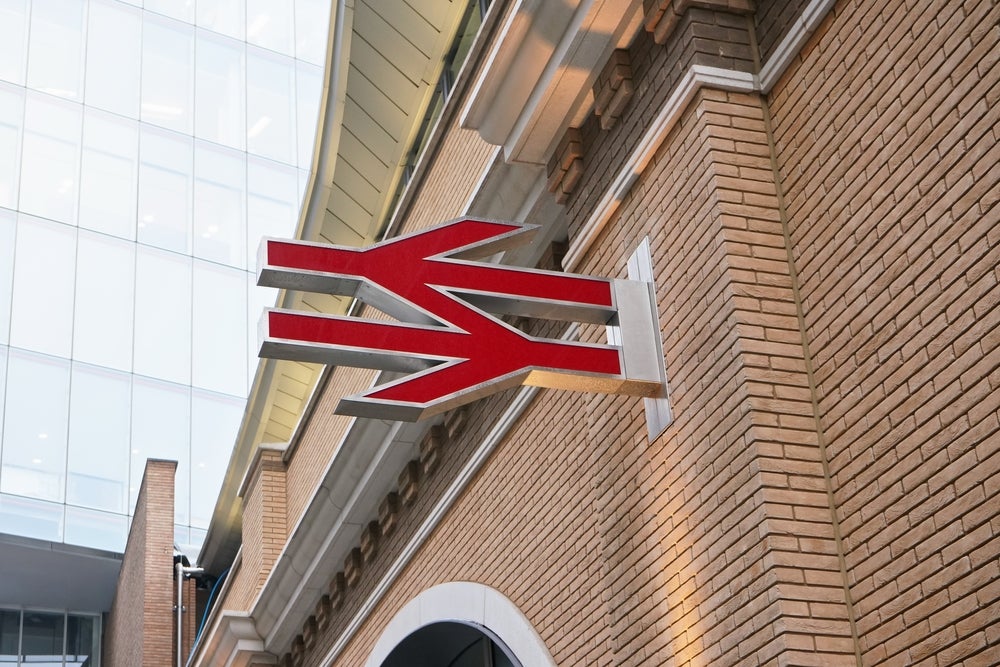In 2008, rail financing dominated the public tender schedules. Leading the charge among lenders in the public sector in Europe was Dexia Bail which, in a matter of
just a few months, won a flurry of large public sector deals, including a €400 million operating lease financing of 60 trains for Metro de Madrid and a €149 million contract to finance new rolling stock in the Côte d’Azur.
Much has changed since then. Hardly any rolling stock tenders are published, and Dexia seems less interested in signing new deals after its parent suffered
recession-related financial troubles.
While on parts of the continent big deals are still being signed – an obvious example being the launch of the high-speed AVE train linking Madrid and Barcelona – in the main, few rail professionals are confident that the size and scale of large rail infrastructural and rolling stock projects will be anything like what they had originally planned.
Nowhere is this more evident than in the UK, where three enormous projects are due to get underway over the next few months. These include the £7.5 billion (€8.5 billion) Intercity Express Programme (IEP), which involves the introduction of high-speed trains on the Great Western Line and the East Coast Main Line.
The consortium running the project, Agility Trains, told Leasing Life in late 2009 that a shortage of funding in the capital markets has meant financing for the project
will be tranched.
How well do you really know your competitors?
Access the most comprehensive Company Profiles on the market, powered by GlobalData. Save hours of research. Gain competitive edge.

Thank you!
Your download email will arrive shortly
Not ready to buy yet? Download a free sample
We are confident about the unique quality of our Company Profiles. However, we want you to make the most beneficial decision for your business, so we offer a free sample that you can download by submitting the below form
By GlobalDataAlso, Britain’s new electrification agenda has meant that Hitachi, which is building the high-speed trains for IEP, is now focusing on building non-diesel trains for both lines. Sources also say that the government may decide to save costs by opting for EMU trains for the IEP’s East Coast Line project, although such a move has been denied by Agility.
Rail insiders are just as pessimistic about the future of the €5.5 billion programme to upgrade and expand the Thameslink rail network in southern England.
One said last month: “Thameslink has generated a lot of clarification questions but is also pretty quiet. We may still get a preferred bidder announced before the election, but I’m not holding my breath.”
Meanwhile, the future of the £16 billion Crossrail programme to run trains from Heathrow airport to Canary Wharf below central London remains uncertain, with the government under pressure to slash public spending, even though preliminary work has begun on the project.
Public sector aside, rolling stock financing may well become popular again once the recession lifts, and we are likely to hear more from the likes of such non-Rosco players as Lloyds Banking Group, National Australia Bank, DVB Bank and HSH Nordbank.
Expect also more activity on the financing front from some rolling stock manufacturers, although due to the long lead time spent planning for applications they are not likely to enter deals until 2014.









